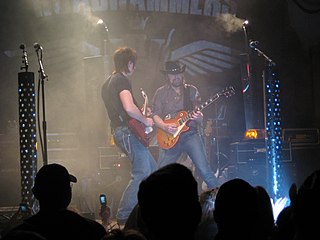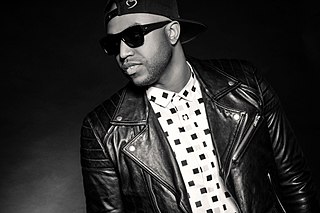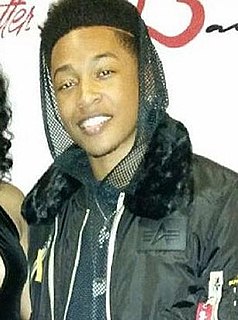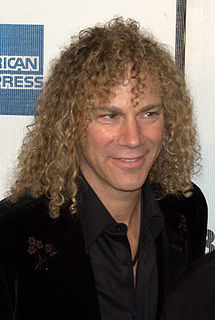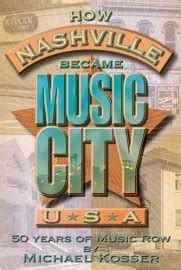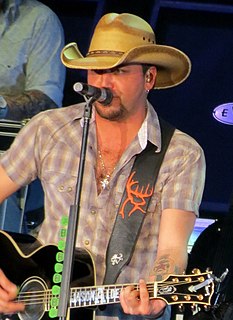A Quote by J. J. Cale
You never know how people are going to find songs for their records. Sometimes people will hear songs on someone else's record and really like 'em.
Related Quotes
Most of the time I don't force records. I'm not one of these guys that put records out every nine, 10 months. I'm pretty long between records. I've only had a few in my career. I kind of wait until I feel I have really strong songs. I don't know if they're going to change the world or not, but I dig 'em, and if I dig 'em we make a record.
I'm always interested in hearing how other people read and react to my songs. I hadn't thought of it in just that way. One of the things I love about doing things that are creative is that I feel like it's my right as an artist not to be affected by the reactions of those people that are going to hear my songs. But I also feel like it's the right of the people hearing them to have their own interpretations of what these songs mean. Sometimes people will see things that I don't see.
Here's some free advice; like the folkies of yore, you need to be not just a writer of songs, you need to be a lover of songs, a listener of songs and a collector of songs. If you hear a song in a club that knocks you out or you hear an old recording of a great song you never knew existed, it does not diminish you to record it; it actually exalts you because you have brought a great song from obscurity to the ear of the public.
We call them impact songs, and people buy impact songs. But you just never know what those songs are going to be. One of those songs that really went through the roof for us was 'Big Green Tractor,' which I thought was kind of a fun little ditty song that I never in a million years thought would be as big as it was. But it was.
I don't really like over-explaining the songs. Everyone constantly asks what the songs are about, and I think the thing is that the songs definitely all have stories in them; it's just nice to let people decide what they are. I think it's important that people hear it themselves rather than having me annotate it.
When you're really bummed out, the last thing you want to hear is up-tempo and positive. And it lets you know that you're not alone, that somebody has hurt before. It works the same way with chick songs as it does with political songs. When you hear somebody singing about these things, you know that you're not alone, that somebody else is suspicious of what's going on around us in the world. So you don't feel like you're crazy, and you feel like you might be able to make a difference.

